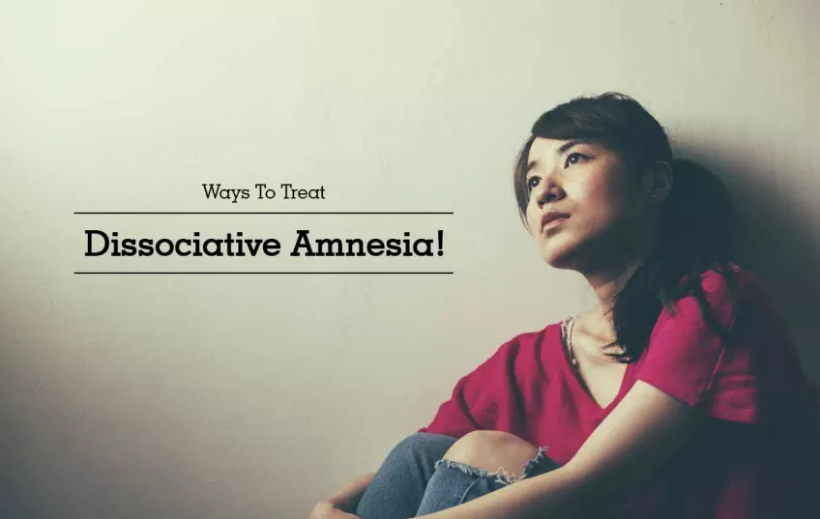Dissociative disorders are characterized by an involuntary escape from reality characterized by a disconnection between thoughts, identity, consciousness and memory. People from all age groups and racial, ethnic and socioeconomic backgrounds can experience a dissociative disorder.
Its estimated that 2% of people experience dissociative disorders, with women being more likely than men to be diagnosed. Almost half of adults in the United States experience at least one depersonalization/derealization episode in their lives, with only 2% meeting the full criteria for chronic episodes.
The symptoms of a dissociative disorder usually first develop as a response to a traumatic event, such as abuse or military combat, to keep those memories under control. Stressful situations can worsen symptoms and cause problems with functioning in everyday activities. However, the symptoms a person experiences will depend on the type of dissociative disorder that a person has.
Treatment for dissociative disorders often involves psychotherapy and medication. Though finding an effective treatment plan can be difficult, many people are able to live healthy and productive lives.

